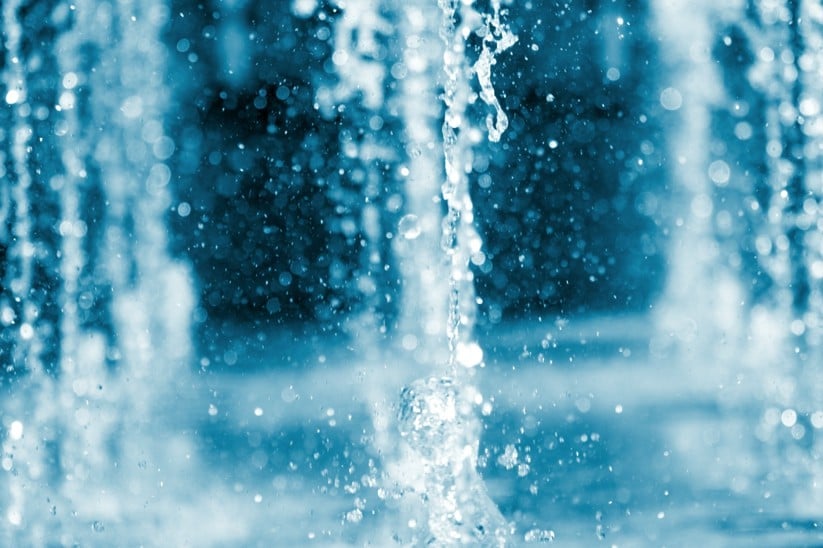
Nitrate is found in our tap water as well as in vegetables. There is a European standard of 50 milligrams of nitrate per liter of water. In the Netherlands the guide value is a maximum of 25 milligrams of nitrate per liter of water. Our drinking water meets the standard. An excessive intake of nitrate can be harmful to health.
Nitrate is a negatively charged ion with molecular formula NO3–. So it contains a nitrogen atom and three oxygen atoms. Substances with nitrates are sometimes also referred to as the suffix “nitrate”. For example, ammonium nitrate. It is widely found in the soil and plants use it for nitrogen absorption.

In the Drinking Water Decree states that the concentration of nitrate in drinking water may not exceed 50 mg (milligrams) per liter. However, the concentration of nitrate in groundwater is often much higher. This is because nitrate is used as a fertilizer. In case of over fertilization, the plants no longer absorb the excess and nitrate accumulates in the soil. Due to the rain, this nitrate ends up in the groundwater, which serves as a raw material for drinking water. This nitrate is verydifficult to purify from drinking water. One of the few ways to do this is with ion exchangers.
Nitrate is, besides in agriculture, also widely used in laboratories. Because it is well soluble in water, it is suitable for facilitating certain chemical reactions. Nitrates are sometimes added to meat or cheese as a preservative and to provide the beautiful reddish-pink color to meat. Nitrate is also an essential part of fireworks and explosives. Today nitrate-containing explosives are more commonly used in mining than dynamite. Nitrate salts are also often the element in fireworks that determines the color of the flame.
Europeans consume about 155 milligrams of nitrate per day. About 15 to 20 percent comes from our drinking water and from preservatives. Nitrate itself is not that harmful, but it is converted in the body into the more toxic nitrite. In fact, the main source of nitrite is the conversion of nitrate in the body itself. Nitrite can disrupt oxygen transport and thus cause oxygen deficiency in the tissues. This is especially a risk for infants; therefore do not use nitrate-rich water when preparing formula.
In addition, nitrites are converted into nitrosamines under certain conditions. This organic compound has been proven to be carcinogenic in animals. Nitrosamines are also probably carcinogenic for humans, see for example the
Yes, ZeroWater filters 78% nitrate from tap water. The Premium 5-Stage Ion Exchange Water Filtration System removes more contaminants than the standard 2-Stage filters. ZeroWater had 150 liters of filtered water (double the rated usage) tested by an independent certified external laboratory during the test. The test results are based on the NSF / ANSI test protocol of flow-through equipment for contaminants listed under the national primary drinking water standards.